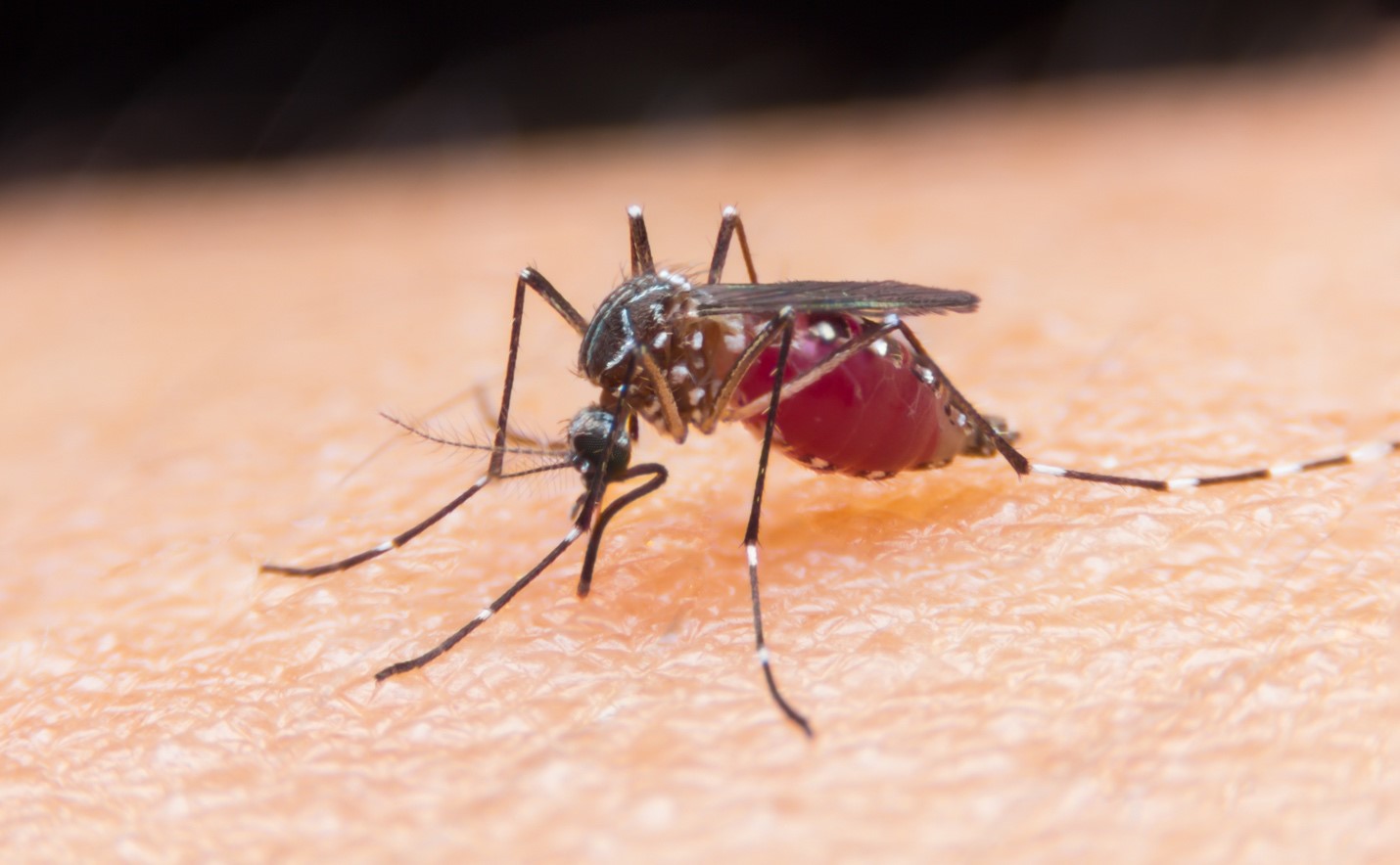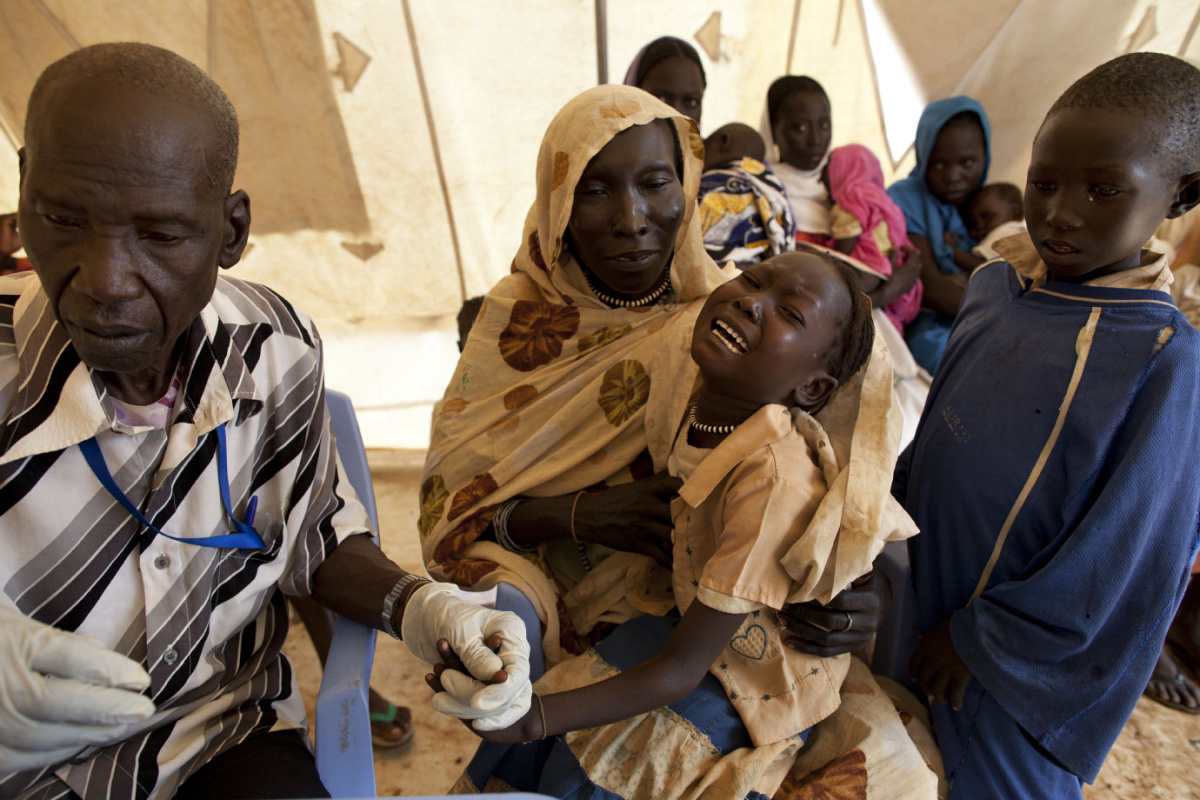 Malaria is a life-threatening disease that’s typically transmitted through the bite of an infected Anopheles mosquito. Are you aware of the essential tips on how to prevent malaria?
Malaria is a life-threatening disease that’s typically transmitted through the bite of an infected Anopheles mosquito. Are you aware of the essential tips on how to prevent malaria?
1. Determine your level of risk
Inform yourself about your destination and the risk for getting malaria. Things you should consider are: The time of year you are travelling, the duration of your stay, the activities you plan to do and where you will be staying. The risk for an infection can vary considerably, even within a single country. Successful malaria prophylaxis depends on your knowledge – make sure you are in the know before you go.
2. Stay in well-screened areas at night
Avoid sleeping outside or in the vicinity of areas where mosquitoes like to live, e.g. standing water (tyres, lakes, waste dumps). If you are sleeping in a tent, make sure that there are no holes anywhere and keep the door closed at all times. These may be very basic rules, but they can significantly increase the success of your malaria prevention effort.
3. Always use a bed-net impregnated with insecticides
Check that the net is not damaged and always ensure it is properly tucked underneath your mattress. The room itself should have additional nets attached to the windows and doors. Keep the air conditioning on, as mosquitoes tend to stay out of cool, air-conditioned rooms.
4. Use mosquito repellent
Use an insect spray containing pyrethroids in all living and sleeping areas, especially during evening and nighttime hours.
5. Go for long sleeves
Wear long sleeve shirts and trousers in the evening and at night. The less skin that is exposed, the better. Additionally, you can treat your clothes with permethrin in order to increase your protection.
6. Insect repellent again
Insect repellent creams or lotions should be applied to any remaining exposed parts of the skin, especially in the evening and during the night. It is advisable to apply the repellent during the daytime as well. You never know, a particular mosquito might decide to bite you in broad daylight.
7. Sunscreen comes first – repellent second
If you are using sunscreen, it should be applied first and the insect repellent second. The repellent will not work if you cover it with a thick layer of sunscreen. Alternatively, use a sunscreen that contains a repellent.
8. Check the malaria risks – Get an antimalarial (if necessary)
Depending on the overall malaria risk at your destination, it might be necessary to practise malaria prophylaxis, either on a daily or a weekly basis. Consult with a travel clinic, healthcare provider or an online doctor service like ours (www.dred.com) well before your departure to discuss your specific preventive needs.
Depending on the medication you use, you will have to start taking the medication up to two weeks before entering the risk area. In areas of intermediate risk, it might be sufficient to carry a treatment course with you as a stand-by medication. You would only start taking the medication if you experience any flu-like symptoms during your journey.
9. Follow your prescription carefully
Do not forget to take the anti-malarial every day during your trip (or as advised) and do not stop taking it too early after your return. Most medications have to be continued for 4 weeks after you leave the malaria-affected area.
10. Be on the safe side
If you experience any flu-like symptoms within 6 months after your return, always inform any doctor treating you about the journey and the areas you have been to. Although an infection with malaria usually causes symptoms within 1 or two weeks, it could take a lot longer (months) for the disease to break out. Even if you have done everything right, there always remains a small risk of getting malaria.





